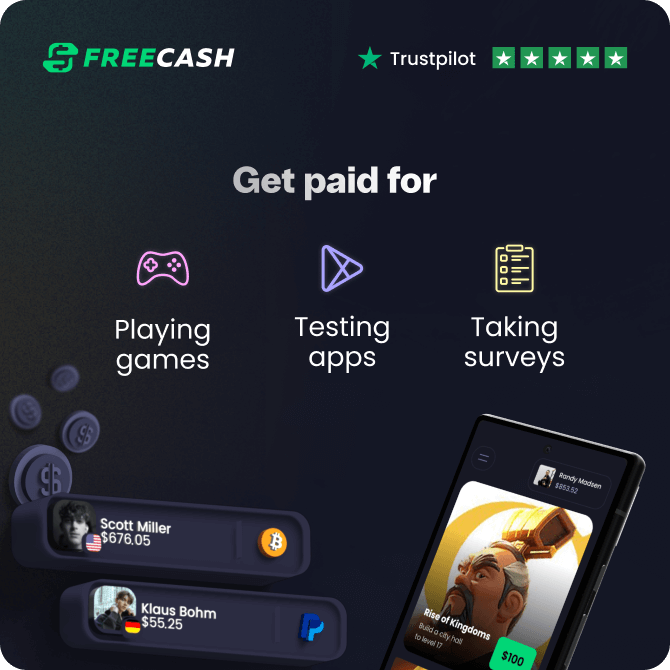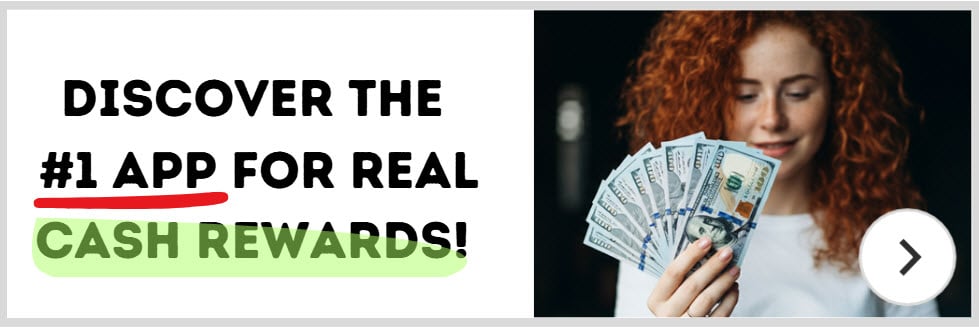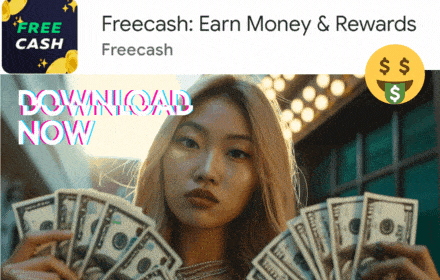For anyone hoping to earn a little extra cash from their phone, the internet seems full of easy opportunities.
Adverts flash promises of “getting paid to play games” or “earning rewards for simple tasks.”
They offer a tempting vision: turning idle moments on the sofa into real money in your bank account.
If you’ve spent hours watching ads on a “cash reward” app only to find the payout elusive, you’ve discovered a harsh truth of the online world.
They didn’t pay you. In a very real sense, they sold you.
This isn’t just a clever turn of phrase; it’s the business model that powers a vast portion of the “free” internet.
They call it “You are the product,” and understanding it represents the most critical step you can take to protect your time, sanity, and personal information online.
This concept inverts the traditional customer relationship.
If you are not paying for the service you are using, you are not the customer. You are the product being sold to the real customers: advertisers and data brokers.
Let’s pull back the curtain on this digital sleight of hand to expose the traps and empower you to see the internet for what it truly is.
The Endless Treadmill of Ads and Illusory Rewards
The trap is always baited with a tantalizingly simple premise.
Download a free game or app, perform easy tasks, and watch your balance grow.
At first, it works. The points, coins, or virtual dollars accumulate quickly, giving you a rush of accomplishment and bringing the cash-out threshold tantalizingly close.
This is a deliberate psychological tactic. App designers apply principles of gamification and variable reward schedules—the same mechanics that make slot machines addictive—to hook you on the feeling of progress.
Your hope is their hook.
But as you near the goal, the game changes. Suddenly, the rewards for each action shrink to almost nothing.
The minimum payout threshold might even inexplicably rise.
You must watch a full 30-second, unskippable video ad to earn a fraction of a penny.
This is the moment the curtain is pulled back. You realize you’re on a treadmill, running faster and faster but never reaching the destination.
The app developer earns real, measurable income from every ad you watch, selling your focused attention to their advertising clients.
Meanwhile, they pay you only in the false hope of a reward that may never materialize. You are not a player earning money; you are a viewer generating revenue for someone else.
More Than Your Time: The Invisible Trade in Your Personal Data

This reward platform is going viral! Cash out via PayPal, Visa, Gift Cards, and in-game currencies - Click here to find out how to generate an extra $10+ per day!
While wasting your time watching ads is frustrating, a far more significant and covert transaction is taking place.
When you install that “free” app and click “Agree” on the terms and conditions without reading, you are often giving that company a key to your digital life.
You grant permissions unrelated to the app’s function, such as access to contacts, precise GPS location, photo library, and reading other apps and their usage frequency.
This personal information is the new oil, an incredibly valuable commodity in the digital economy.
This is where the business model goes from deceptive to deeply invasive.
Your data—anonymized or not—is collected, bundled, and sold to third parties called data brokers.
These shadowy companies build sophisticated profiles about you. They know your age, your income bracket, where you shop, your political views, and even potential health conditions based on your online activity.
They sell this detailed profile to the highest bidder.
Marketing firms use it for hyper-targeted advertising, financial companies for risk assessment, and political campaigns for persuasive messaging.
The app that promised a few dollars was a powerful tool for harvesting your personal identity.
The Real-World Cost of “Free” and How to Spot the Traps
The consequences of this invisible trade can be severe. On a benign level, it causes that creepy feeling of being followed around the internet by ads for something you just talked about.
On a more serious level, it can lead to tangible harm. If the data sold about you ends up in the wrong hands through a data breach, it can result in identity theft and financial fraud.
This information can create “filter bubbles” that limit your exposure to different viewpoints or lead to discrimination, resulting in varying prices or opportunities based on your data profile.
The cost of “free” is a loss of privacy and control.
Protecting yourself starts with cultivating a healthy dose of skepticism.
Before you download any app promising easy money, treat it like a job interview.
Read the reviews, especially the one- and two-star ones where users detail their experiences with payouts. Be ruthless about app permissions.
Does a puzzle game really need to know your location? Deny any request that seems unnecessary.
Learn to spot the red flags: vague terms of service, a lack of contact information for the developer, and overly aggressive advertising are all signs of a trap.
Genuine online opportunities involve a clear exchange of value—your specific skill or verifiable work for a fair wage—not an endless, one-sided funnel of your attention.
Reclaiming Your Digital Self: A New Mindset for a New Era
Escaping the “you are the product” model doesn’t mean you have to abandon the internet.
It means approaching it with a new awareness and using tools that are built to protect you, not exploit you. Start by making simple changes.
Use privacy-focused web browsers, such as Brave or DuckDuckGo, that automatically block trackers and intrusive ads.
Opt for paid versions of apps you value; paying a few dollars is often a fair price for an ad-free experience and better privacy practices.
Use Signal or WhatsApp for end-to-end encrypted communication to keep your conversations private from data miners.
Ultimately, the most powerful shift is in your mindset. Understand that your attention is a finite and valuable resource.
Your personal data is a core part of your identity. Please don’t give them away cheaply.
The internet still holds real opportunities, but they require discernment.
The real power isn’t in finding a magic app that pays you for nothing; it’s in recognizing that your digital self has immense value.
By guarding it, you are not just avoiding scams; you are reclaiming your autonomy in an increasingly complex digital world.
Protect your data as you would your wallet, and protect your attention as you would your time—because online, they are the same currency.


